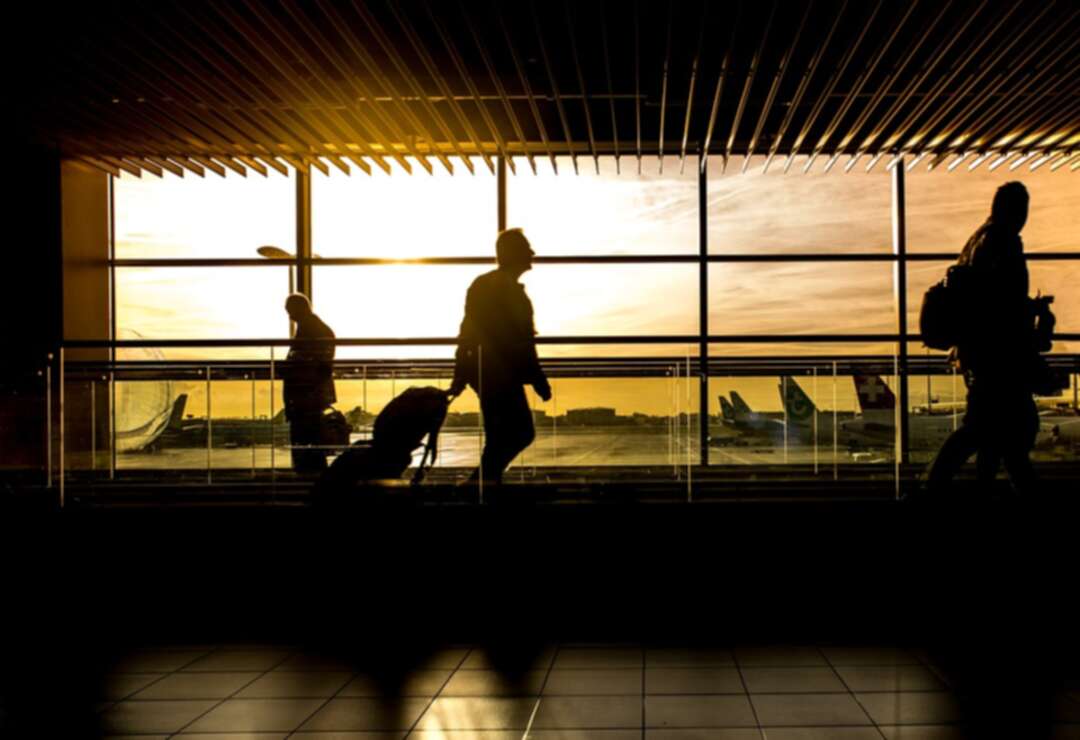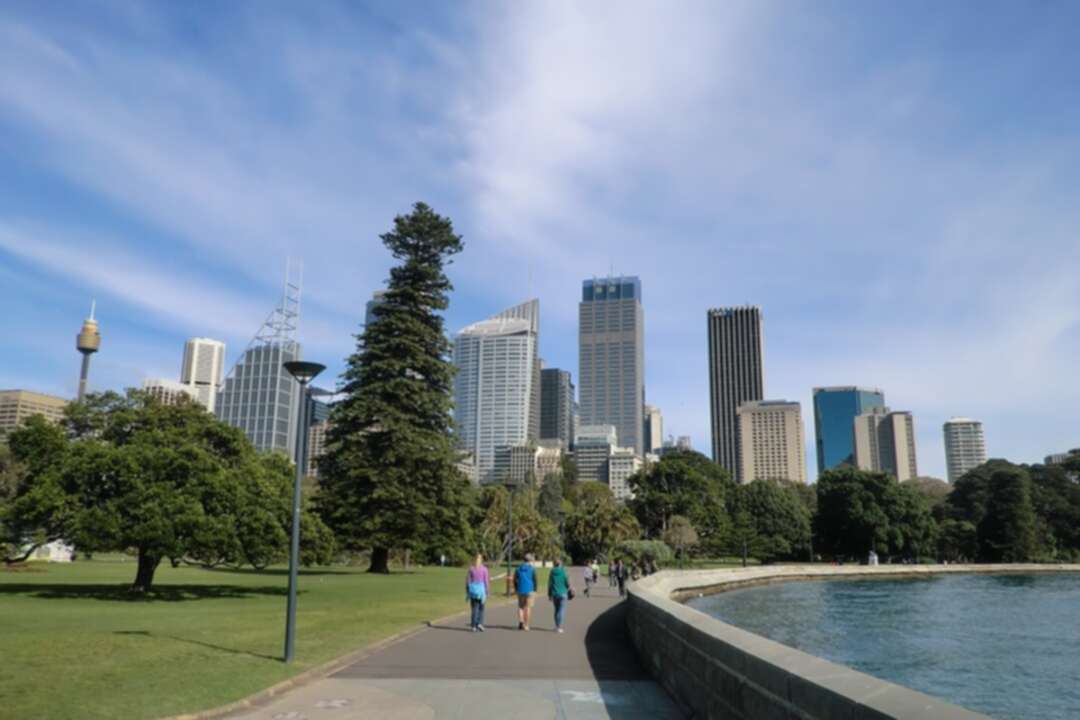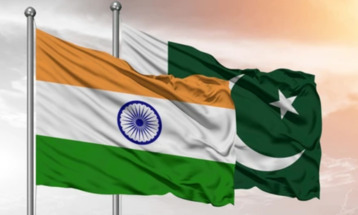-
Australia to reopen borders to vaccinated travelers, ending two years of travel ban

The Asharq Al-Awsat reported, Australia said on Monday it will reopen its borders to vaccinated travelers this month, ending two years of misery for the tourism sector, reviving migration and injecting billions of dollars into the world No. 13 economy.
The move effectively calls time on the last main component of Australia's response to the COVID-19 pandemic, which it has attributed to relatively low death and infection rates. The other core strategy, stop-start lockdowns, was shelved for good in December.
The country had taken steps in recent months to relax border controls, like allowing in skilled migrants and quarantine-free travel arrangements - "travel bubbles" - with select countries like New Zealand.
But the reopening, which takes effect on Feb. 21, represents the first time since March 2020 that people can travel to Australia from anywhere in the world as long as they are vaccinated.
Prime Minister Scott Morrison said at a media briefing in Canberra: "If you're double-vaccinated, we look forward to welcoming you back to Australia."

The tourism industry, which has relied on the domestic market that has itself been heavily impacted by movement restrictions, welcomed the decision which comes three months before Morrison is due to face an election.
Australian Tourism Export Council Managing Director Peter Shelley said by phone: "Over the two years since the borders have been closed the industry has been on its knees."
Australia reports record high of Covid deaths, hospitals under stress
He added: "Now we can turn our collective efforts towards rebuilding an industry that is in disrepair."
Tourism and Transport Forum CEO Margy Osmond said the industry was "thrilled" by the reopening, but would need coordination to ensure Australia was competitive as a destination.
She told reporters: "It's not as simple as just turning on the tap and we see numbers of international tourists back where they were pre-COVID."
TRA said that international and domestic tourism losses since the start of the pandemic totaled A$101.7 billion ($72 billion), according to government body Tourism Research Australia. International travel spending in Australia plunged from A$44.6 billion in the 2018-19 financial year to A$1.3 billion in 2020-21.
Australia's Omicron outbreak close to its peak, Chief Medical Officer
Shares of tourism-related stocks soared as investors cheered the prospect of a return to profit growth. Shares of the country's main airline Qantas Airways Ltd jumped 5% while shares of travel agent Flight Center Travel Group Ltd surged 8%.
Qantas CEO Alan Joyce said in a statement the company was looking at flight schedules to determine ways to restart flights from more international locations soon.
As elsewhere in the world, Australian COVID cases have soared in recent weeks due to the Omicron variant which medical experts say may be more transmissible but less virulent than previous strains.
Australian Treasurer Josh Frydenberg announces he has Covid
But with more than nine in 10 Australians aged over 16 fully vaccinated, new cases and hospitalizations appear to have slowed, the authorities say.
The country reported just over 23,000 new infections on Monday, its lowest for 2022 and far from a peak of 150,000 around a month ago.
Morrison meanwhile said the government would send up to 1,700 Australian Defense Force personnel to fill staffing shortages in the aged care sector, following complaints of under-staffing and fatigue due to increased pressures brought by the pandemic.
Australia cancels Novak Djokovic's visa on his arrival in Melbourne
Around 2.4 million cases have been recorded in Australia since the first Omicron case was detected in Australia in November. Until then, Australia had counted only around 200,000 cases. Total deaths stand at 4,248 since the pandemic began.
Source: aawsat
You May Also Like
Popular Posts
Caricature
BENEFIT Sponsors BuildHer...
- April 23, 2025
BENEFIT, the Kingdom’s innovator and leading company in Fintech and electronic financial transactions service, has sponsored the BuildHer CityHack 2025 Hackathon, a two-day event spearheaded by the College of Engineering and Technology at the Royal University for Women (RUW).
Aimed at secondary school students, the event brought together a distinguished group of academic professionals and technology experts to mentor and inspire young participants.
More than 100 high school students from across the Kingdom of Bahrain took part in the hackathon, which featured an intensive programme of training workshops and hands-on sessions. These activities were tailored to enhance participants’ critical thinking, collaborative problem-solving, and team-building capabilities, while also encouraging the development of practical and sustainable solutions to contemporary challenges using modern technological tools.
BENEFIT’s Chief Executive Mr. Abdulwahed AlJanahi, commented: “Our support for this educational hackathon reflects our long-term strategic vision to nurture the talents of emerging national youth and empower the next generation of accomplished female leaders in technology. By fostering creativity and innovation, we aim to contribute meaningfully to Bahrain’s comprehensive development goals and align with the aspirations outlined in the Kingdom’s Vision 2030—an ambition in which BENEFIT plays a central role.”
Professor Riyadh Yousif Hamzah, President of the Royal University for Women, commented: “This initiative reflects our commitment to advancing women in STEM fields. We're cultivating a generation of creative, solution-driven female leaders who will drive national development. Our partnership with BENEFIT exemplifies the powerful synergy between academia and private sector in supporting educational innovation.”
Hanan Abdulla Hasan, Senior Manager, PR & Communication at BENEFIT, said: “We are honoured to collaborate with RUW in supporting this remarkable technology-focused event. It highlights our commitment to social responsibility, and our ongoing efforts to enhance the digital and innovation capabilities of young Bahraini women and foster their ability to harness technological tools in the service of a smarter, more sustainable future.”
For his part, Dr. Humam ElAgha, Acting Dean of the College of Engineering and Technology at the University, said: “BuildHer CityHack 2025 embodies our hands-on approach to education. By tackling real-world problems through creative thinking and sustainable solutions, we're preparing women to thrive in the knowledge economy – a cornerstone of the University's vision.”
opinion
Report
ads
Newsletter
Subscribe to our mailing list to get the new updates!






















